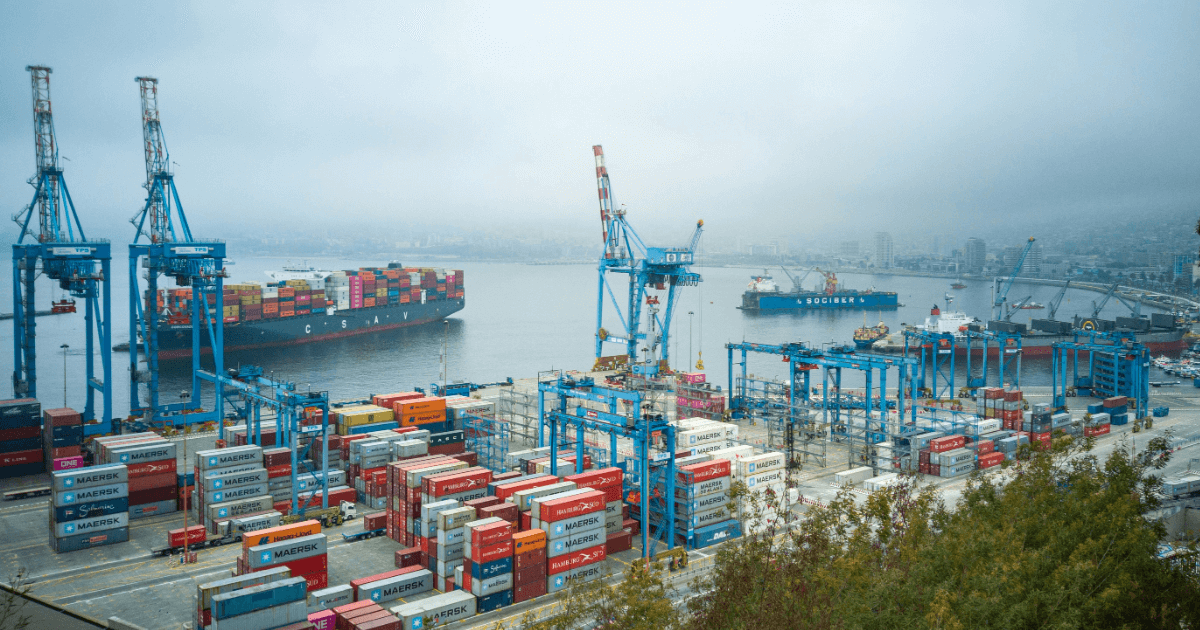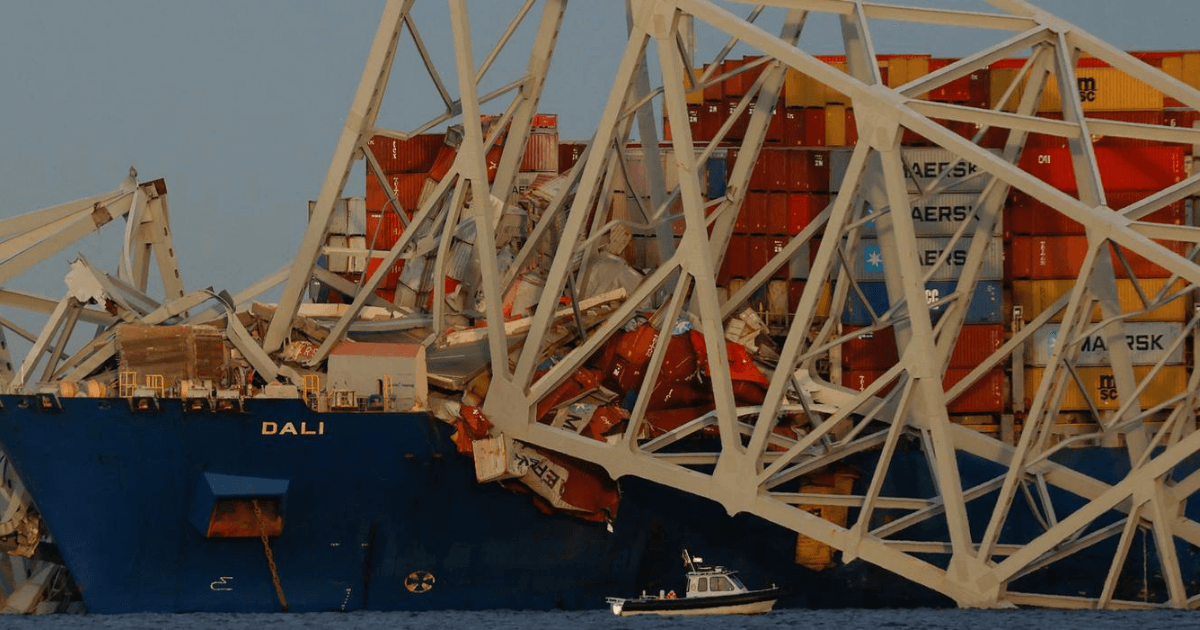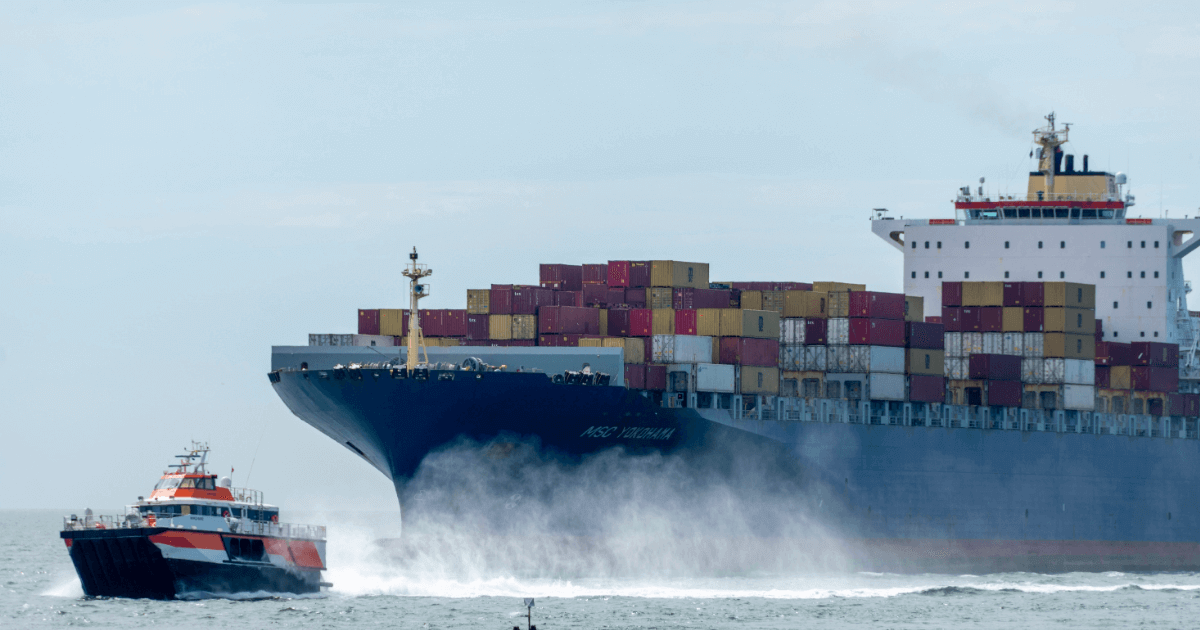CSDDD: Impact on EU-firms
Reading Time: 6 min.

Introduction to the Corporate Sustainability Due Diligence Directive (CSDDD)
The Corporate Sustainability Due Diligence Directive (CSDDD) marks a significant turning point in European legislation, requiring companies to monitor and account for their entire supply chain in terms of social and environmental standards. This initiative extends previous national approaches, such as the German Supply Chain Act (LkSG), to a broader, EU-wide level. The CSDDD aims to strengthen the accountability of companies and ensure that they are responsible not only for their direct activities, but also for the actions of their suppliers. This covers a wide range of aspects, including labour conditions, human rights and environmental protection.
The Corporate Sustainability Due Diligence Directive differs from the German Supply Chain Act (LkSG) as follows:
Wider scope: The CSDDD is aimed at all EU and non-EU companies operating in the EU market, regardless of their size.
More comprehensive assessment: The CSDDD not only covers human rights and the environment, but also anti-corruption and consumer protection.
Stricter enforcement: The CSDDD provides for tougher sanctions and more effective enforcement mechanisms than the LkSG.
Greater transparency: The CSDDD requires more detailed reporting on the entire supply chain.
More stakeholder involvement: The CSDDD emphasises the importance of stakeholder involvement in monitoring supply chain practices.
The path to EU-wide implementation
The introduction of the CSDDD in the European Union is not a straightforward process. It has given rise to numerous debates and discussions among the Member States, with Germany playing a central role. The German government, characterised by its coalition structure, showed disagreements especially between the parties. The FDP showed clear reservations about the law, which is why Germany abstained. Despite Germany's abstention in the vote on 15 March 2024, the majority of EU states reached a consensus, underlining the importance of common European values and goals. This episode illustrates the complex political dynamics that accompany EU legislation.
The content of the CSDDD and its implications
At the centre of the CSDDD is the definition of a "chain of activities", which goes far beyond the traditional notion of a supply chain. Companies are not only required to scrutinise their direct suppliers, but must also ensure due diligence along the entire chain, from production to the end consumer. This implies an in-depth review and, if necessary, adaptation of business practices to ensure compliance with social and environmental standards. It is a comprehensive approach that presents companies with new challenges, but also opens up opportunities for more sustainable business models and creates proximity to the end consumer.
We would like to emphasise the following opportunities:
Improving brand image: Companies that report transparently on their efforts in relation to social and environmental standards can strengthen their brand image and credibility with consumers, investors and other stakeholders.
Promoting innovation: Addressing sustainability in the supply chain can lead to innovation, e.g. in the areas of recycling, energy efficiency or socially responsible procurement.
Access to new markets: Adhering to high sustainability standards can open doors to new markets and customer segments that value sustainable products and processes.
Strengthening relationships with suppliers and partners: Working with suppliers to improve sustainability can promote long-term partnerships and increase supply chain stability.
Attractiveness as an employer: Companies that are committed to social and environmental responsibility can become more attractive to employees, especially for generations Y and Z, who value the ethical standpoint of their employer.
Improved willingness to invest: Companies that operate sustainably are increasingly attracting the attention of investors who want to invest in responsible business models.
Germany's position and future steps
Germany plays a central role as an economic power in Europe and as a country with few raw materials that is dependent on imports. At the same time, it is one of the largest exporting nations, which also puts the country at the centre of the debate on sustainability and supply chains. Germany's commitment to innovation and competitiveness has led to a high level of organisation and sustainability in production. However, the CSDDD calls for an even more comprehensive approach that also takes into account imported goods and the associated social and environmental impacts. The future implementation of the CSDDD at national level will show the extent to which Germany needs to adapt its existing structures and can serve as a model for other EU countries.
Challenges and recommendations for companies
The introduction of the CSDDD poses major challenges for many companies. The reporting requirements, the need to get employees on board with the new regulations and the general reorganisation of business processes require considerable effort and investment. Companies should be proactive by creating sustainability teams, investing in training and using digitalisation to improve the efficiency of their reporting and monitoring systems. In this regard, we would like to recommend our self-developed Line Up Supply Chain Dashboard, where you can view real-time data around your order to keep an eye on the current status of your individual supply chain. An open dialogue with all stakeholders and transparent communication can help to overcome resistance and promote a shared understanding of the importance of sustainability.
Education and future prospects
In view of the growing demands on companies in the area of sustainability, the education system plays a crucial role in preparing the next generation of managers with strengths in both business management and sustainability issues. Germany has a strong educational tradition in the fields of business administration and sustainability management. Integrating sustainability topics into the curriculum and promoting interdisciplinary approaches are essential steps to prepare future decision-makers for the complex business challenges they will face. Businesses and educational institutions should therefore work closely together to promote the skills and awareness needed to succeed in an increasingly sustainable economy.
Newsletter Registration
Sign up now for our free Line Up newsletter and stay up to date.



